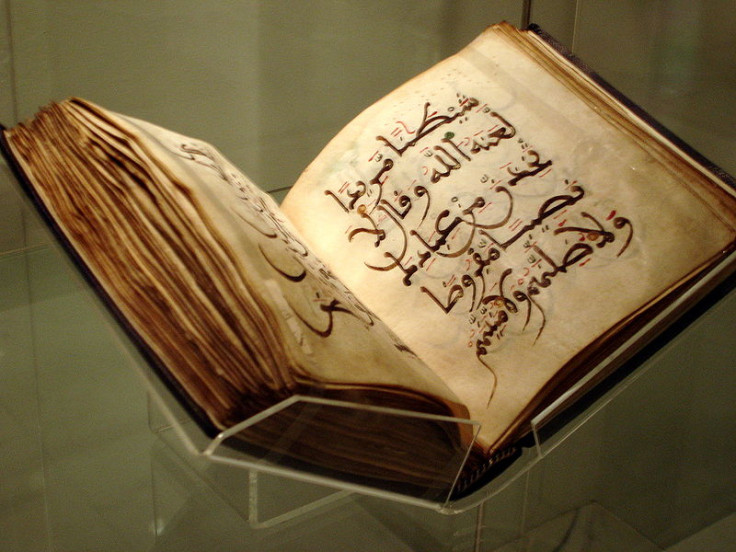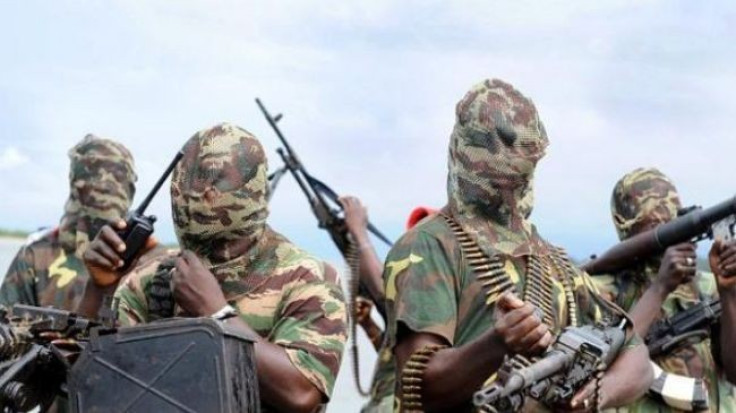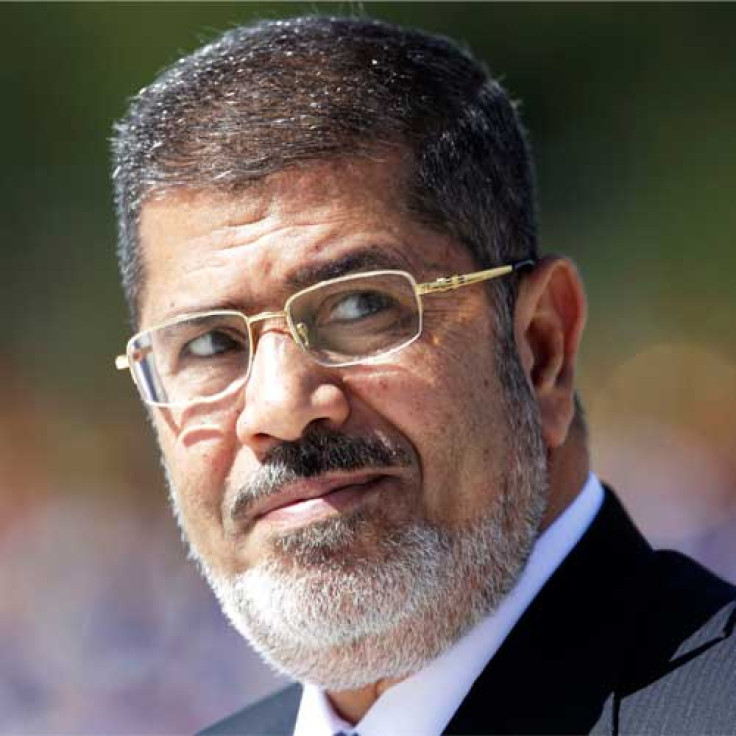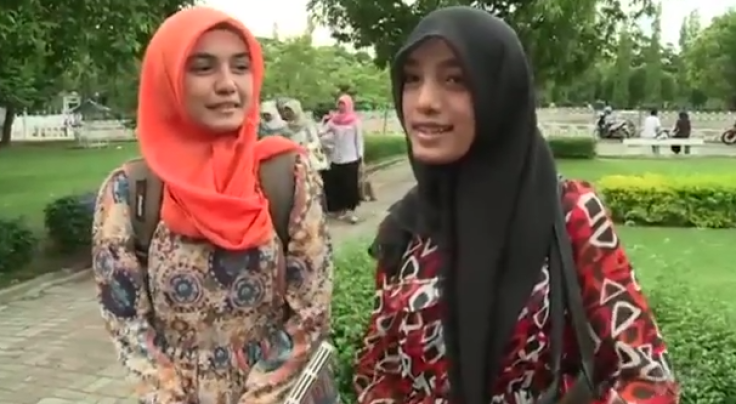Five Countries Where Sharia Law Has Led to Violence

Sharia, also known as Islami Qaqun, represents the moral code and religious law of a prophetic religion and is the expression of Allah's command for Muslim societies.
Here is a list of some of the countries where the application of sharia caused uprisings, civil wars and the denial of basic human rights.
Sudan The imposition of Sharia on the non-Muslim south of Sudan was a key factor in the civil war which started in 1983 and ended in 2005.
The conflict caused the death of more than two million Sudanese and led to South Sudan's secession in 2011.
Under the interpretation of Sharia in Sudan, floggings and amputations have been established as standard punishment for criminal offences and broadcast on television, while hundreds of women and girls are punished for indecent or immoral dress.
Unmarried men and women are not permitted to share office space, taxi rides or attend parties together.
A 20-year old Sudanese woman was sentenced to death by stoning on 13 May 2013, on charges of adultery. She did not have access to a lawyer during her trial, and was convicted based on testimony she gave after being beaten by her brother, according to Amnesty International - which called on the Sudanese government to abolish the death penalty.
Theologian Mahmoud Mohamed Taha was executed in 1985 after being convicted of apostasy. He was caught distributing pamphlets calling for an end to Sharia law in Sudan.
Nigeria Thousands of non-Muslims opposed to the introduction of Sharia were killed in Nigeria in 2000. Clashes between Muslim and Christians caused the death of several hundreds of civilians in the subsequent years, while churches and mosques were burned and NGOs warned of crimes against humanity.

Members of the group Boko Haram, who opposes Western education and demands the adoption of Sharia across Nigeria, has staged several bomb attacks, often targeting police stations and churches.
Libya Christians in Libya have been facing persecution by Islamists who have become highly influential after the 2011 revolution toppled dictator Muammar Gaddafi.
A fundamentalist group with links to Al Qaeda in the Islamic Maghreb (AQIM), Ansar al-Sharia was formed during the 2011 Libyan revolution and it is part of the ultraconservative Salafi movement in Libya.
The group, which advocates the implementation of strict Sharia law across Libya, has been involved in heavy fighting against both Libyan special forces and civilians.
Libya's National Assembly voted last year to make Sharia the foundation of state institutions and all legislation, including the constitution.
The recent legislation will have a serious effect on those in Libya who desire a fair and just society - especially those in the country who are not of the Muslim faith, according to Patrick Sookhdeo, international director for human rights group The Barnabus Fund.
After fighting that killed at least nine people in November 2013, an Ansar al Sharia representative from Derna stated during a phone interview that the group would "fight people who seeks democracy, secularism, and the French," as well as anyone who opposes them.

Egypt Former Egyptian President Mohammed Morsi signed into law a new constitution drafted by his own Muslim Brotherhood party and other Islamist groups in 2012. According to critics, the new constitution placed Egypt under strict Sharia Law.
"The Koran is our constitution. The Prophet Muhammad is our leader. Jihad is our path. And death for the sake of Allah is our most lofty aspiration," Morsi said in a statement in May 2013, just two months before being ovethworn by a military coup d'etat.
Al Qaeda official Mahmoud Rabie al Bahtiyti released a public message in December 2013, called on Egyptian Muslims to work towards the implementation of sharia-based governance. Egyptian Muslims must "educate people about their obligation to support the religion and empower the Sharia," he said.
"Experiences have proved beyond a doubt that the road to democracy that some people claim will help the religion and establish Shariah, is just an illusion and deviation from the path," al Bahtiyti continued.

Indonesia The Indonesian province of Banda Aceh was granted the right to implement Sharia law under a peace agreement with the national government that ended three decades of separatist fighting.
The government of Aceh - the only province in majority Muslim Indonesia that uses Islamic sharia law – recently approved a new law obliging every citizen to follow the sharia Islamic legal code regardless of their religion.
The sharia police unit – which oversees the implementation of sharia law - was created in Aceh in 2002 and they have punished hundreds of people, mainly gamblers and drunks, with caning.
Sharia police have committed many violations against ordinary people, but people have been afraid to criticise directly for fear of being considered against the application of sharia law in Aceh, the Jakarta Post reported.
© Copyright IBTimes 2024. All rights reserved.







